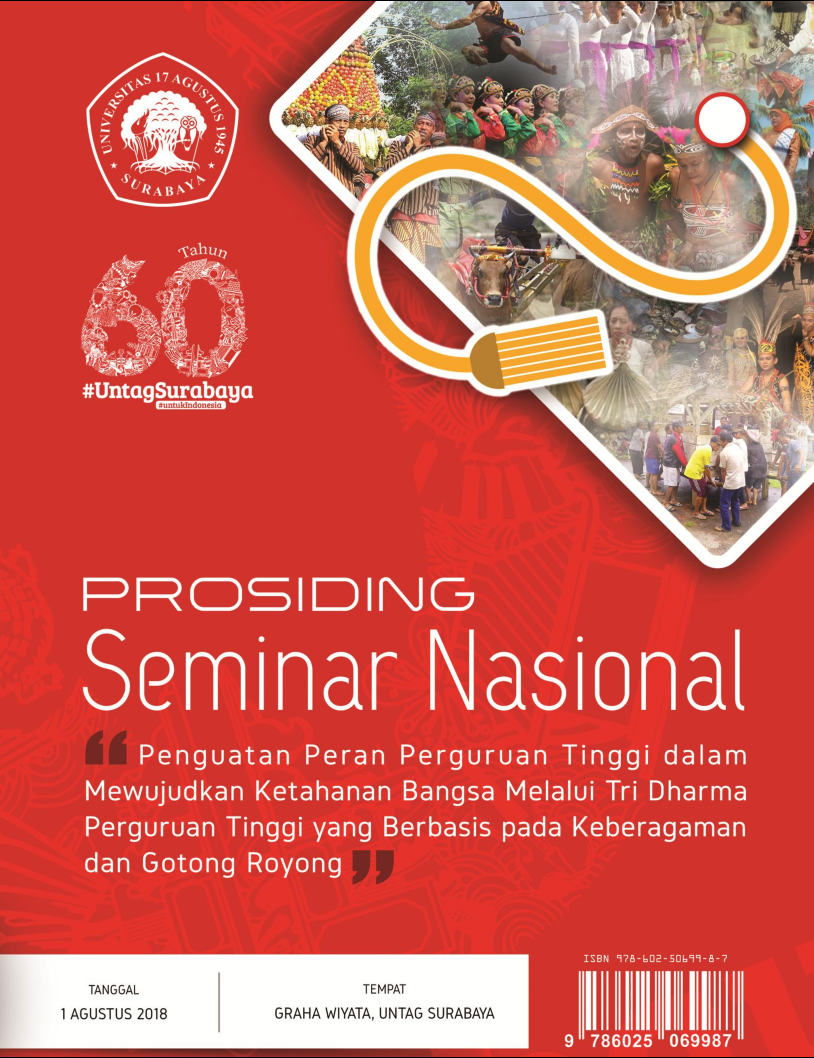MEMBINA SIKAP MASYARKAT DAN NILAI-NILAI DEMOKRASI PASCA KONFLIK SOSIAL AMBON
Abstract
Research to date has not found the pattern of guiding public attitudes and democratic values after the social conflicts in Ambon effectively carried out, both in families, community leaders, religious figures, traditional leaders, youth leaders, social organizations. This study aims to understand the attitudeand behavior of Ambonese communities after the social conflict, and the role of local culture and democratic values as a solution for community attitude building in Ambon. The 99 research procedure uses qualitative approach, which is descriptive. Data collection techniques (1) in-depth interview, (2) direct observation, and (3) documentation study. The informant was chosen purposively and the result data was processed through the process of reduction, qualitative descriptive analysis. After the results were analyzed, it was found that the pattern of community building of Ambon city after the social conflict was effective with the approach of democratic values in local culture, such as; (2) the values of freedom (pale gendong), (3) the value of tolerance (taste beta flovored taste), (4) the value of mutual cooperation (masohi) , (5) the value of consesnsus deliberation (ale taste of beta flavor, cut in nail taste in meat). That is, the beauty of harmony in community life if not the occurrence of disputes between communities, tribes, interethnic, and interfaith. It can be concluded that that building societal attitudes and democratic values post social conflicts is found in the form of brotherhood, cooperation, tolerance, harmony, responsibility, self -control, and mutual respect. Key Words : Attitude, Society, Democracy, Social Conflict.Downloads
Download data is not yet available.
References
Pembinaan Kepribadian Bangsa. Penghargaan dan penghormatan 70 tahun.
Bandung: Widiya Aksara Press.
Winataputra, Udin S. (2001). Reorientasi Pendidikan Ilmu Pengetahuan Sosial di
Erah Global. (makalah). Disampailkan dalam Seminar Nasional dan Kongres
Forum Komunikasi Pimpinan FPIPS.
http://windrawawin.wordpress.com/pendidikan/pengembangan-nilai-nilaidemokrasi
di-sekolah/. diunduh 5 / 7 / 2016)




